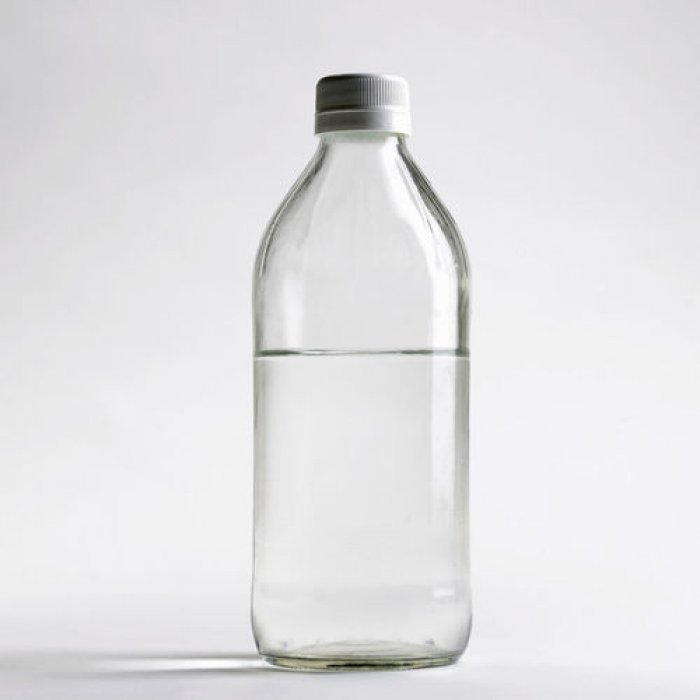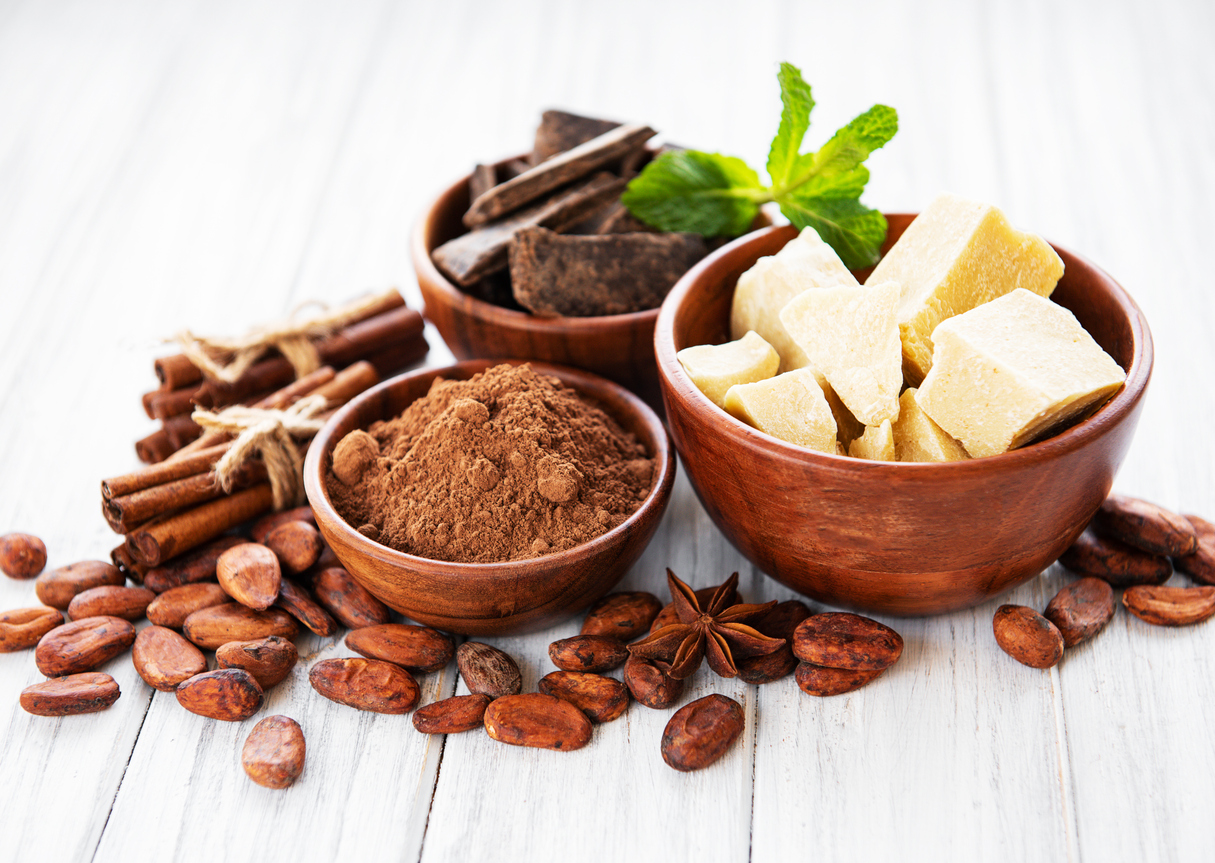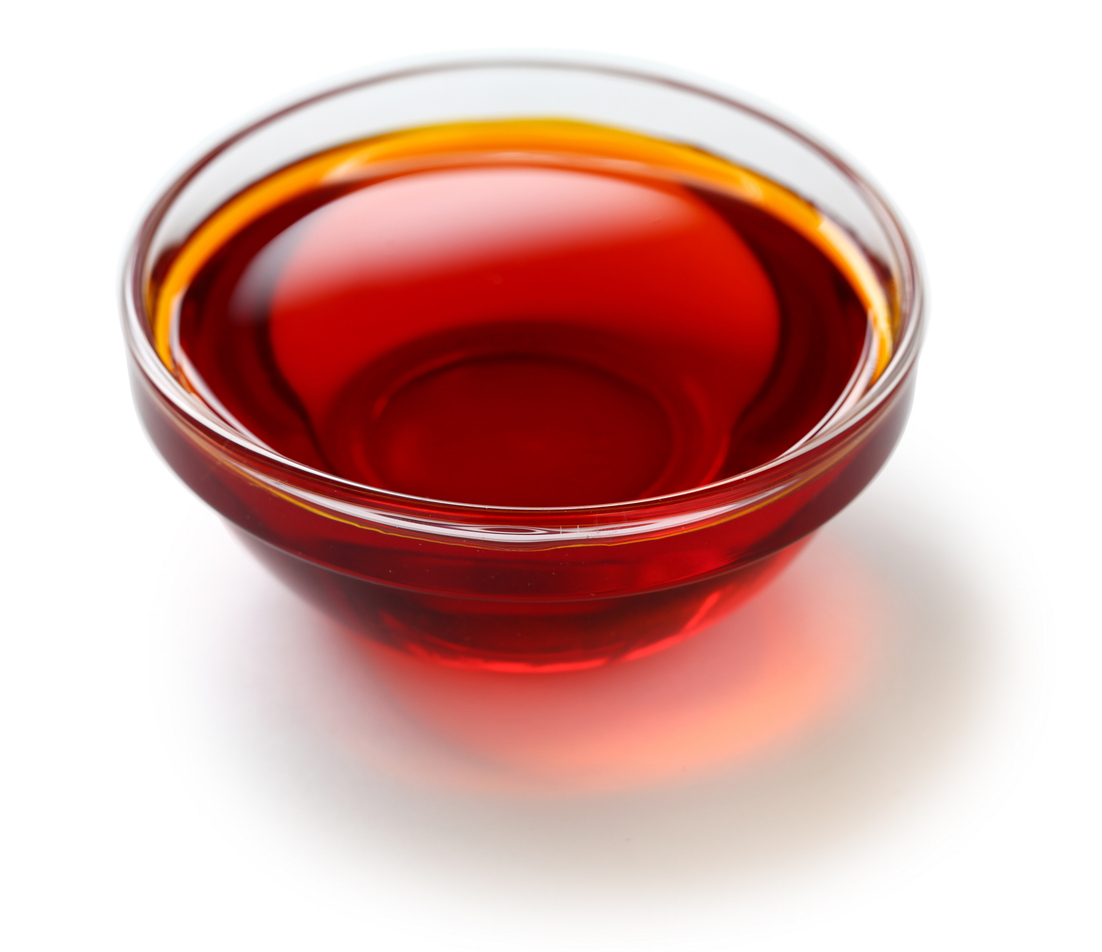How To Export Vinegar From Nigeria: The Process, Costs, Pros & Cons
How To Export Vinegar From Nigeria: The Process, Costs, Pros & Cons
Vinegar is a condiment that has been around for thousands of years. It’s made from a mixture of an acid and an alcohol. The vinegar can be used as a food preservative, a cooking ingredient, and a salad dressing base. Vinegar is also an integral part of many sauces and pickles. In Nigeria, vinegar is one of the most common homemade foods because it’s cheap and easy to make. Homeowners often make their own vinegar in order to save money on expensive vinegars found in stores. Here, are the steps you need to know to export your own Nigerian-made vinegar:
The Process of Making Vinegar
Vinegar is made from a mixture of an acid and an alcohol. In Nigeria, most people use palm wine as an acid and water as the alcohol. You can also use a combination of apple cider vinegar and water.
Once you know the basics, it’s time to get started on the process of making your Nigerian-made vinegar.
1. Pour a bottle of palm wine into a pot and add three whole onions.
2. Bring the mixture to a boil, then reduce the heat to simmer it for two hours.
3. Add a cup of water and let the mixture boil again for one hour.
4. Add another cup of water and wait for the mixture to boil again for one hour before straining it with a cheesecloth to separate the liquid from the solids.
5. Pour the liquid into a jar and let it cool down before storing it in the refrigerator.
6. Repeat these steps with more bottles of palm wine until you’ve made enough vinegar to suit your needs!
Pros & Cons
Paragraph: Vinegar is often used in cooking because it adds flavor to recipes without adding too many calories or sodium. Vinegar also has health benefits because it’s high in antioxidants, which
The Costs of Making Vinegar
Making your own vinegar is an inexpensive way to have vinegar on hand for various purposes. Vinegar is an acidic liquid that is made from two substances: an acid and an alcohol. The vinegar can be used as a food preservative, a cooking ingredient, and a salad dressing base. Vinegar is also an integral part of many sauces and pickles.
It’s not difficult to make your own vinegar at home. All you need are two household ingredients: salt and water. Mix the salt and water until the salt dissolves. Then pour the mixture into a glass jar or bottle, put in a cork or lid, and wait until it has aged for six weeks.
You can use the vinegar for cooking, food preservation, salad dressings, and pickles. If you want to make your own vinegar at home, here are the steps you need to know.
Purchasing ingredients
Making the mixture
Aging the mixture
General Benefits of Vinegar
Vinegar is a homemade food that can be made from a mixture of an acid and an alcohol. In Nigeria, vinegar is one of the most common home-cooked foods because it’s cheap and easy to make. It’s also the most common homemade food in Nigeria because it’s cheap and easy to make. Homeowners often make their own vinegar in order to save money on expensive vinegars found in stores.
Vinegar is an integral part of many types of sauces and pickles. It can also be used as a cooking ingredient, as well as a salad dressing base. Vinegar is also an important food preservative. This means that vinegar can maintain the freshness of your food by slowing down the process of decomposition.
There are several benefits to eating vinegar, including weight loss, improved blood pressure, and improved digestion. It can also help you lower your cholesterol levels, which will make your heart healthier. Some experts also believe that the addition of vinegar to your diet will help you avoid cancer. The general benefits of vinegar are that it acts as a food preservative, lowers cholesterol levels, and improves digestion.
Other Uses and Benefits of Vinegar
Vinegar has a multitude of culinary and household applications. It can be used to dress salads, cook meats, and make sauces and pickles. Vinegar is also an important ingredient for making jam and wine.
Additionally, vinegar is a natural and healthy way to preserve food. It has been used for this purpose for thousands of years. Vinegar can be made from different types of acid mixed with alcohol.
Vinegar is also an important household product. It can be used to clean countertops, remove stains from clothing, and deodorize shoes. Vinegar also helps to soften hard water, making it easier to wash clothes in.
Finally, vinegar has been shown to have some medicinal properties. Vinegar can be used as a treatment for acne and other skin conditions because it’s a natural bacteria-killer and antiseptic. Vinegar can also be used as a treatment for minor burns and stings.
Some Drawbacks to Vinegar Production
Vinegar is a cheap and easy to make condiment that has been around for thousands of years. It’s made from a mixture of an acid and an alcohol. In Nigeria, vinegar is one of the most common homemade foods because it’s cheap and easy to make. Homeowners often make their own vinegar in order to save money on expensive vinegars found in stores. Here, are the steps you need to know to export your own Nigerian-made vinegar:
1) Find a large container. If you have a big container, you can skip this step. A large container with a screw-on lid is best.
2) Choose your raw materials. For every 2 cups of vinegar, you need 12 cups of water and 4 tbsp of sugar.
3) Mix the sugar and water together in the container.
4) Add the vinegar and mix thoroughly.
5) Seal container and set it in a warm place for 2 weeks. Be sure to shake it occasionally.
6) Store in a cool dark place for at least 6 months in order to give the vinegar time to fully ferment and cure.
7) Bottle in smaller containers for easier storage and use
Conclusion
Now that you know how to export Nigerian-made vinegar, it’s time to get started!
If you need help with any of the steps listed or have any questions about producing your own Nigerian-made vinegar, don’t hesitate to comment below!








LEAVE A COMMENT
You must be logged in to post a comment.